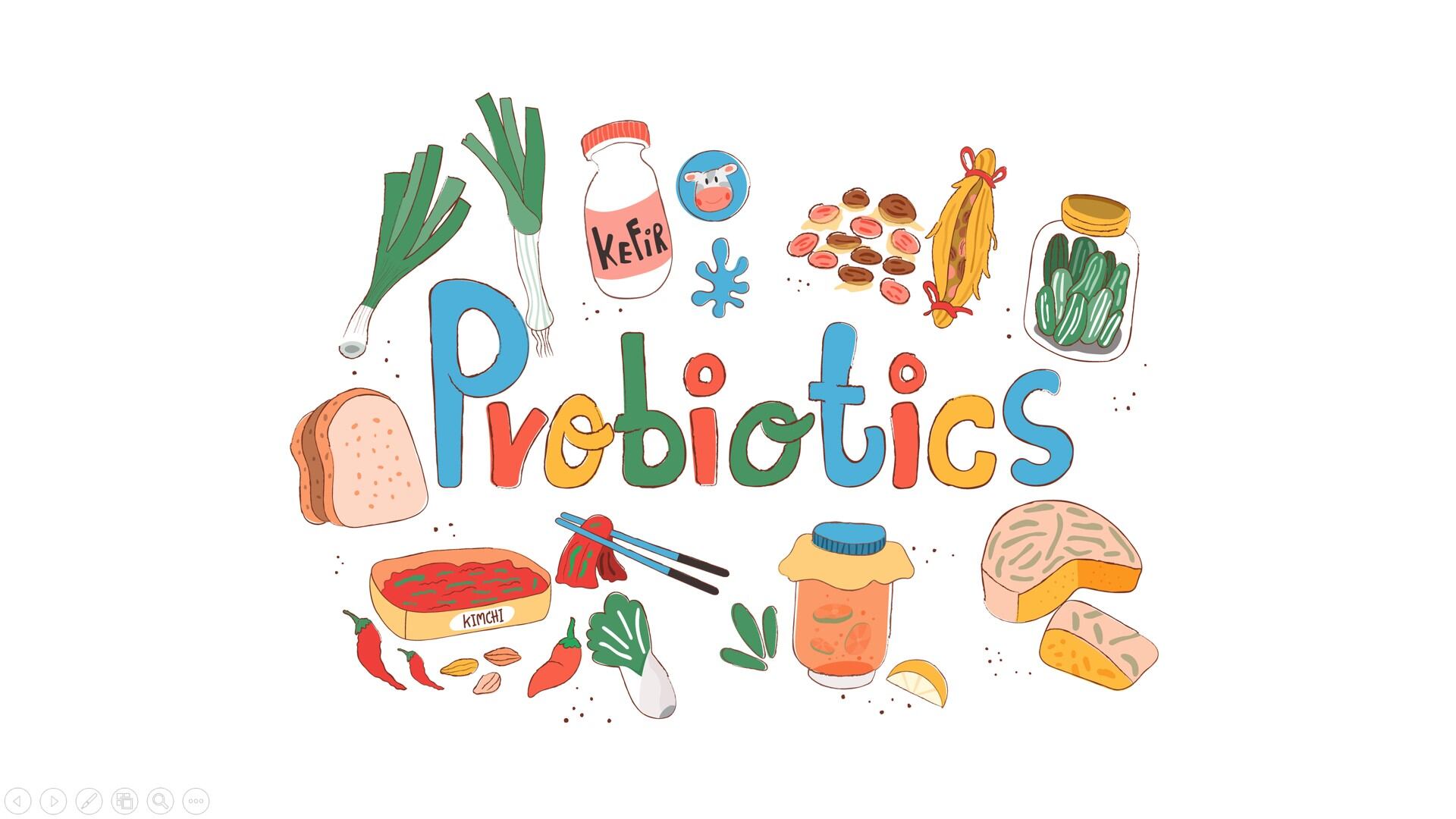The probiotics plant — whose first phase has been completed — is the result of Chinese company Tianjin Goubuli's acquisition of a majority stake in the Australian firm, and had its grand opening event in Queensland on May 13.
The firm claims this makes it the first probiotics manufacturer in the country capable of manufacturing strains, conducting R&D, and providing customer services.
Production values
According to Goubuli chairman Zhang Yansen, the factory can produce up to 35,000kg or US$72.7m worth of concentrated probiotics a year.
With the view that increasing food consumption is indicative of China's economic success, Zhang plans to use the probiotics produced at the plant in Goubuli's food products, in order to satisfy consumer demand for a wider selection of nutritional food products.
He said, "The types of foods people eat are diversifying, and foods are becoming more sophisticated — they need to be more convenient, tasty and nutritious."
In the second phase of the project, the plant will accommodate low-temperature spray-drying technology for probiotic powder manufacturing, and increase its annual production capacity to 181,400kg.
Speaking to NutraIngredients-Asia, Probiotics Australia GM Shaun Roux said: "Our state-of-the-art bio-manufacturing plant has come to life, and we can now cater for the next generation of biotechnologies and advance our goals of bringing the biotech revolution to more people and other industries around the world.
"Currently, all our probiotic raw materials are imported into Australia, then processed into capsules, tablets, powders and liquids.
"With this plant, we will be the first manufacturer to offer 100% Australian-made, pure, premium quality probiotic raw materials that brands and manufacturers can use in their products."
At present, the company imports a range of probiotic genera, including 12 Lactobacillus species, five Bifidobacterium species, three Bacillus species, two Enterococcus species, and five other assorted species across different genera.
Roux added that Probiotics Australia would be ramping up R&D, adding to its existing work with leading Australian and foreign universities
"We will also be working with the world’s largest genomic organisation, the Human Genome Project, which will provide us with leading gene sequencing and bioinformatics analysis capabilities."
China taking chances
Goubuli is taking advantage of the opportunities arising from the development of the Belt and Road Initiative (BRI), the Chinese government's development strategy involving infrastructure development and investments in 152 countries.
Zhang said that in addition to Chinese companies establishing businesses outside of China, the BRI has seen many local firms going overseas in search of high-quality resources for food production and healthcare, in order to up their credibility and as such, their earning power.
For Goubuli — which is best known for its flavoured bao zi or steamed buns — this is the second foray into the Australian market.
In 2017, it entered into a cooperation agreement with Aussie health product firm Blooms Bluesky Holding, thereby acquiring its 78% stake.
The company's overseas development so far has proven to be an effective diversification of its business, allowing it to upgrade its products in tandem with relevant market trends.
Furthermore, China's growing middle class continues to support such progress, thanks to its higher spending power and growing interest in novel innovations in the health food and supplement space.
Taking into account Chinese consumers' continued preference for supplements and nutraceuticals manufactured in countries like Australia and New Zealand, Probiotics Australia is confident that Goubuli's acquisition will also drive growth in the domestic market.
Roux said: "As we will be the first commercial probiotics manufacturer using strains sourced in Australia, this will enable not just Goubuli but also health product brands in Australia to continue their path of market dominance in the complementary medicines sector, which is a major exporter for Australia.
"Probiotics Australia will be offering some of the purest and best quality materials, and this can only be seen as a positive development for Goubuli, as it is expanding its footprint into probiotics — one of the world's fastest growing healthcare sectors."

